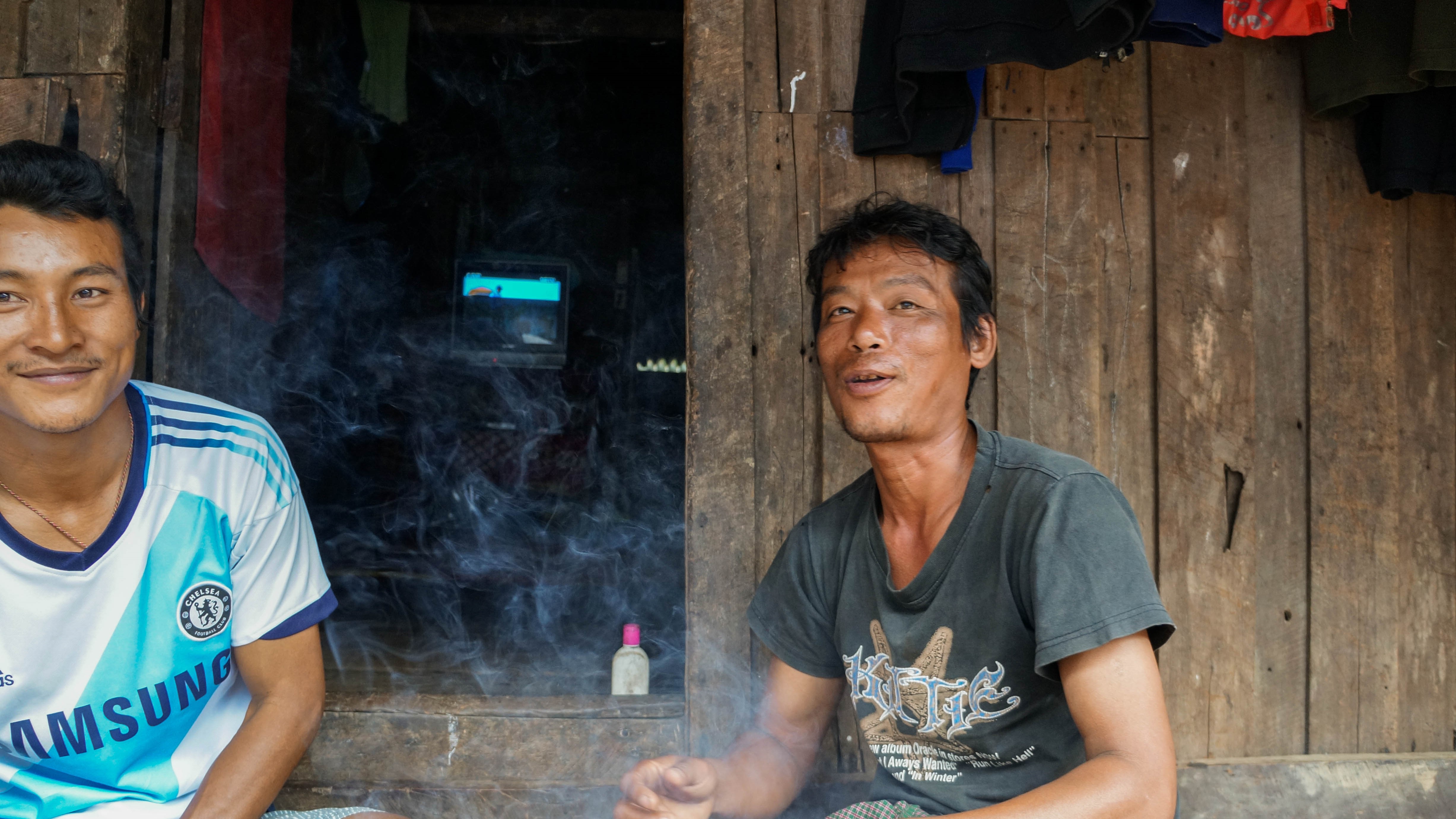Meet Ko Thein - The Base of the Pyramid's Impact in Asia
Meet Ko Thein - Mon State, Myanmar
Ko Thein is from Mon State in Myanmar and lives in a village on the Thai side of the border. He works as a laborer and rubber tapper to support his wife and six children.
Ko and a partner work through the night from 11 p.m. to 3 a.m., covering more than 1,000 trees daily. Because the rubber trees are far from where Ko lives, he must stay in the field overnight, with a tent to sleep in, a gun to protect him from large wild animals, and food to eat.
To make ends meet, Ko sometimes returns to the forest to collect wild mushrooms and cut down bamboo, both of which are illegal activities, taking this risk to help provide for his family. While in the forest, Ko usually doesn’t use repellent lotion due to the expense, and blows cigarette smoke onto his body to repel mosquitoes, which are at their peak biting activity during some of Ko’s working hours.
Ko has contracted malaria before and suffered from the hallmark chills and high fever the disease causes. When he got sick, he was fortunate to find a village health volunteer who accurately diagnosed him, provided treatment and strict instructions to finish his full course of medication.
Ko’s Thai friends have better access to health care than he does - they are all able to get a government health card to use any time they go to the clinic. Having this card means they pay a nominal, flat fee of 30 Baht, no matter what. Some migrant workers from Myanmar get health cards after becoming legal Thai residents, but this is the exception, not the rule.
